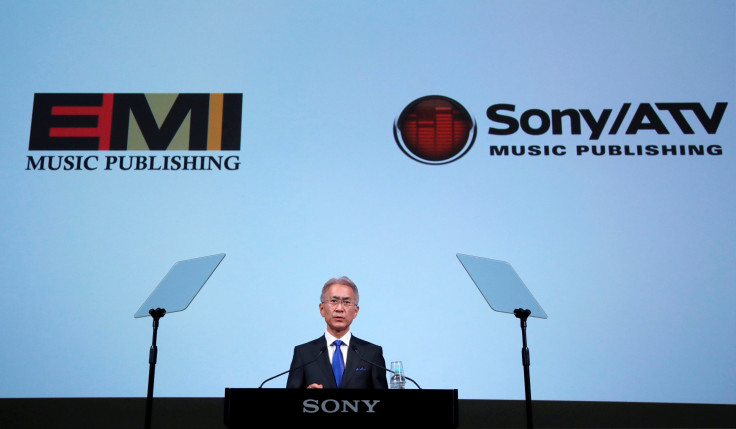Independent Labels Urge EU To Block Sony's $2.3 Billion Bid For EMI

BRUSSELS - Independent music labels group Impala has called on EU antitrust regulators to block Sony Corp’s bid to become the world’s largest music publisher with its $2.3 billion offer for control of EMI, saying the combination would have too much market power.
Sony announced the deal in May, the boldest strategy move by its new CEO Kenichiro Yoshida, which would give it rights to 2.1 million songs from artists such as Drake, Sam Smith, Pharrell Williams and Sia.
The Japanese conglomerate, which currently owns a 30 percent stake in EMI, wants to buy Mubalada Investment Co’s 60 percent stake. Last month, it acquired the estate of Michael Jackson’s minority share of EMI.
The growing popularity of fixed-price music streaming services such as Spotify, Apple Music, Google Play, SoundCloud and YouTube has boosted the industry.
Sony’s control of EMI would give it the power to do what it wants, said Helen Smith, Impala’s executive chair.
“The market needs big operators, but not when they are allowed to acquire so much power that they start to strangle it and squeeze out the independents who are the ones taking the risks,” she said, adding that 80 percent of new releases come from independent labels.
She said the deal would give Sony the clout to negotiate online rights for both its recording and publishing catalogs, promote its global repertoire both on radio and in playlists, and be better able to attract songwriters with better terms.
There was also a risk that Sony might focus more on bigger-selling Anglo-American hits rather than local songs, Smith said.
“Blocking seems to be the only outcome as it is difficult to see how remedies could help in this case,” she said. Impala plans to submit its comments to the European Commission this week.
The EU competition enforcer cleared Sony and Mubadala’s acquisition of EMI’s music publishing business in 2012 in return for hefty concessions, including the sale of the worldwide publishing rights to four catalogs and the musical works of 12 composers.
Reuters
Reporting by Foo Yun Chee; Editing by Mark Potter
© Copyright Thomson Reuters {{Year}}. All rights reserved.





















